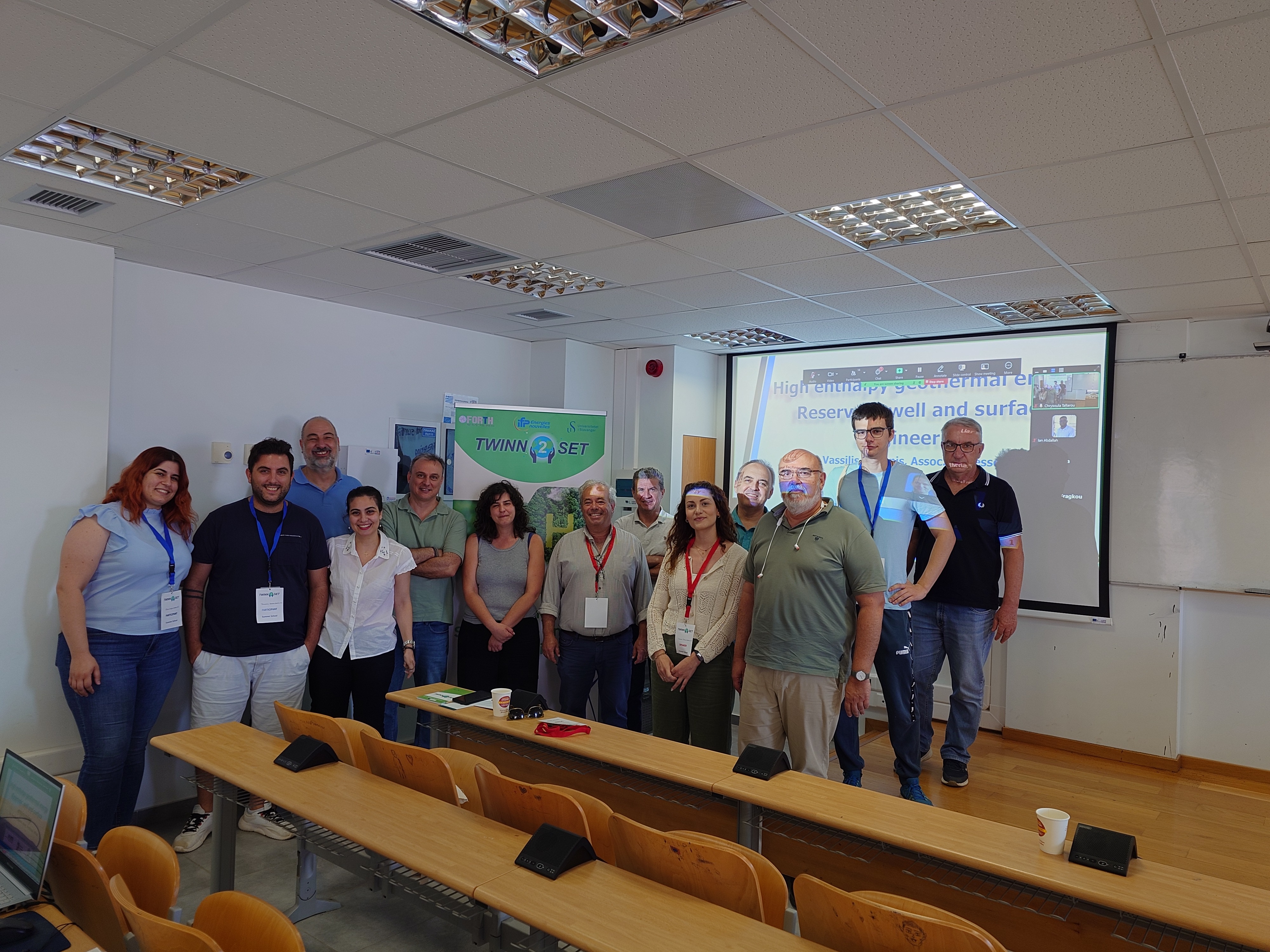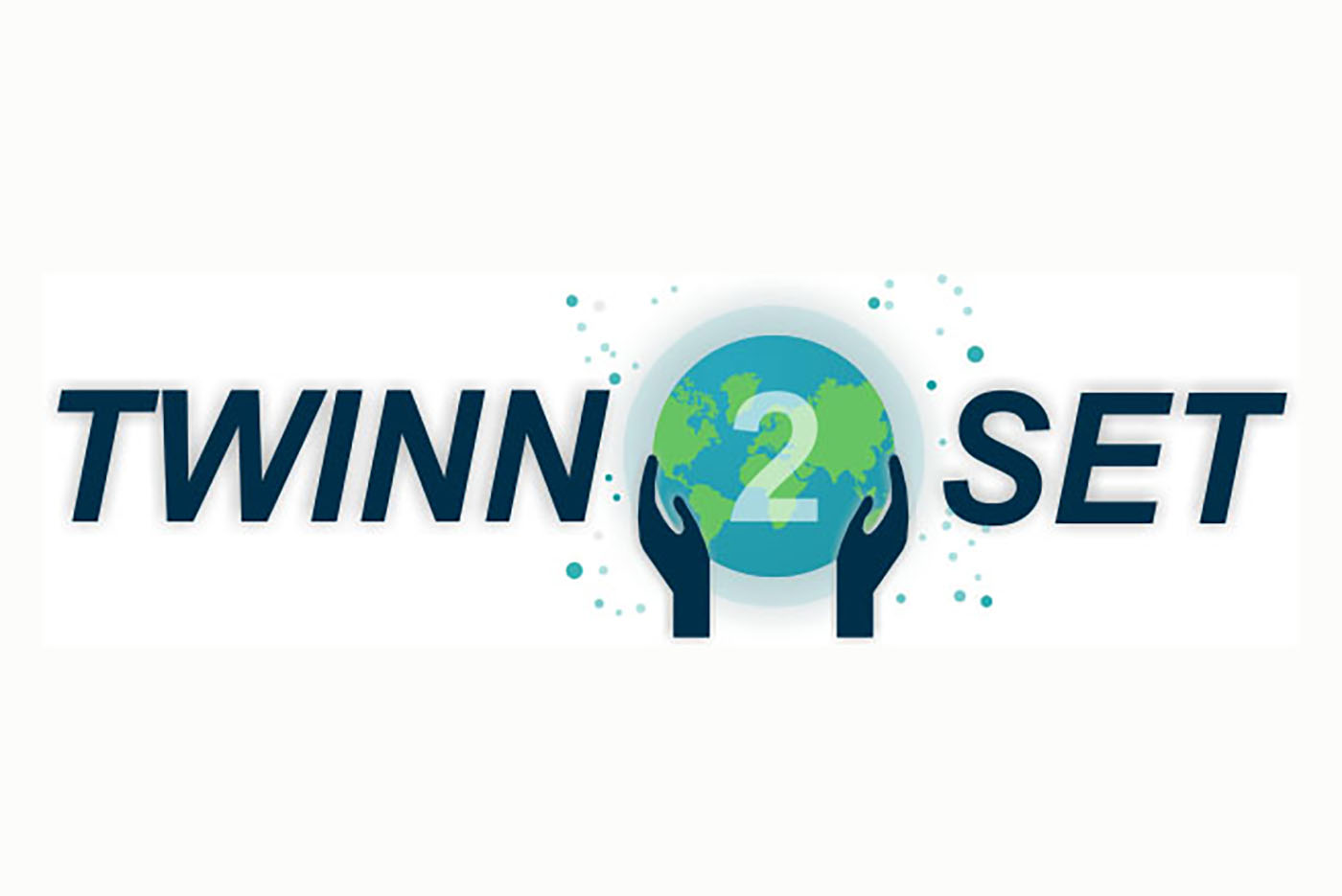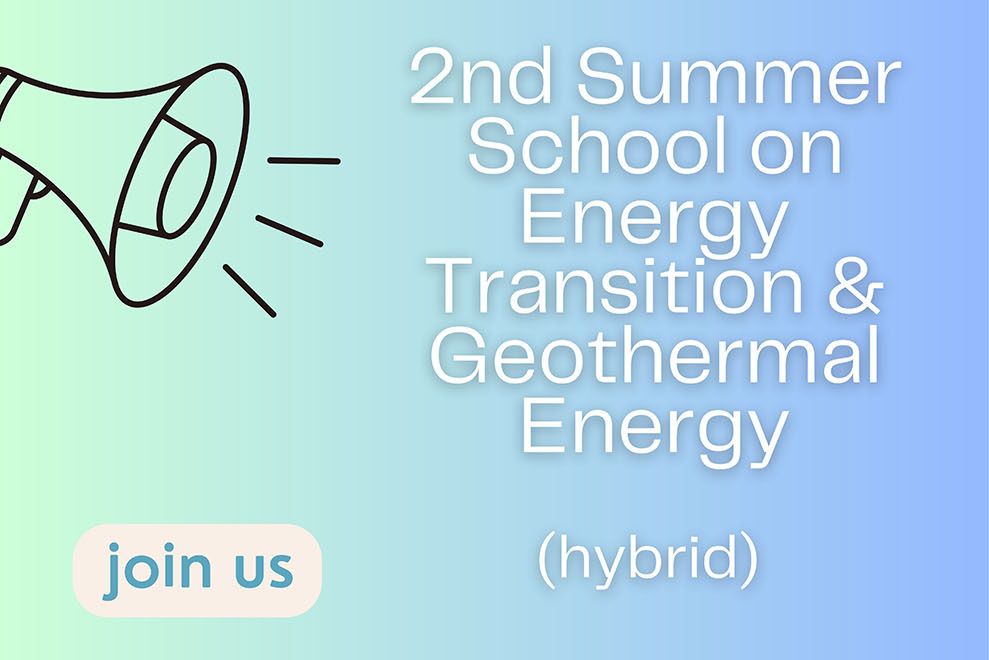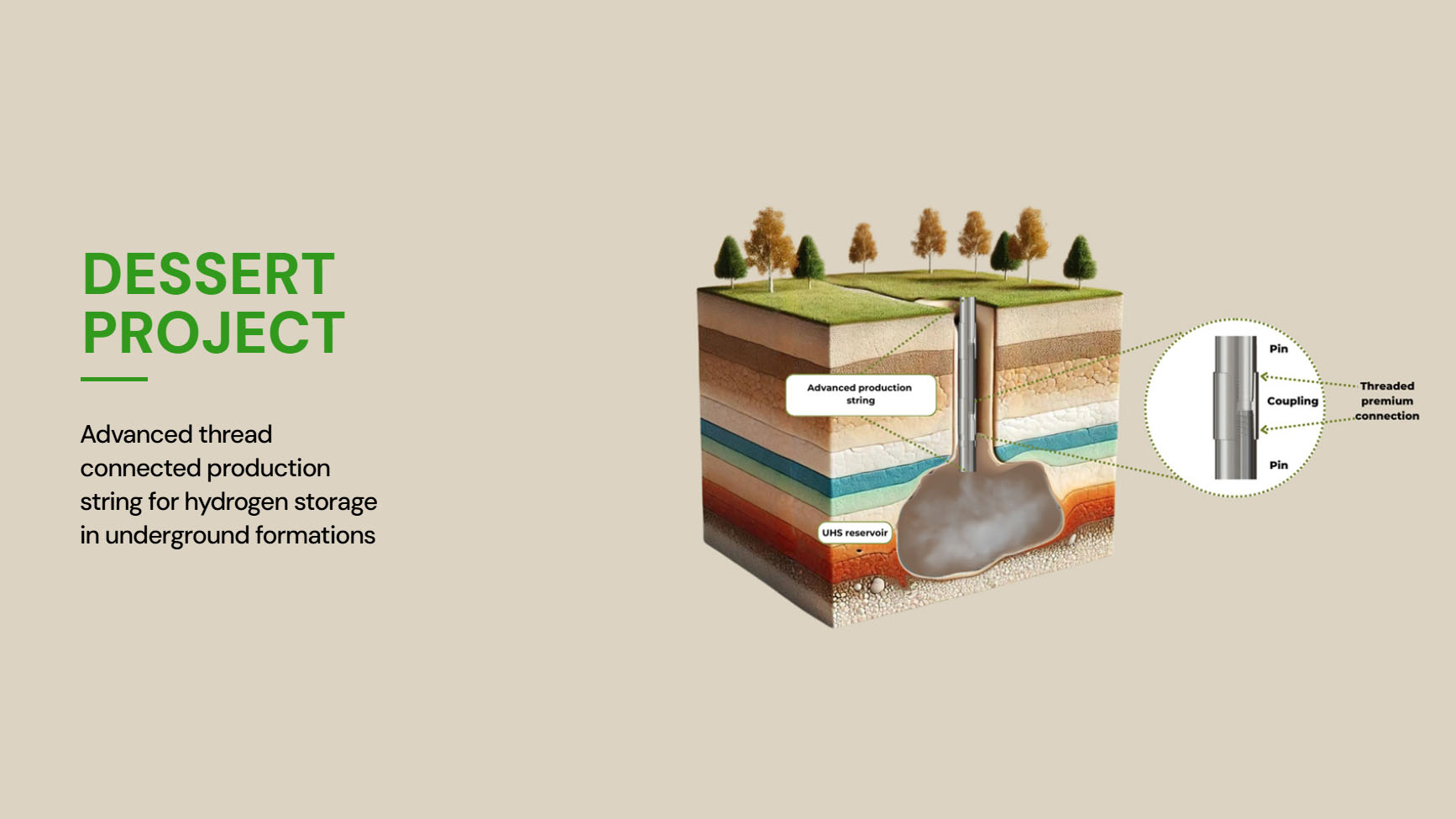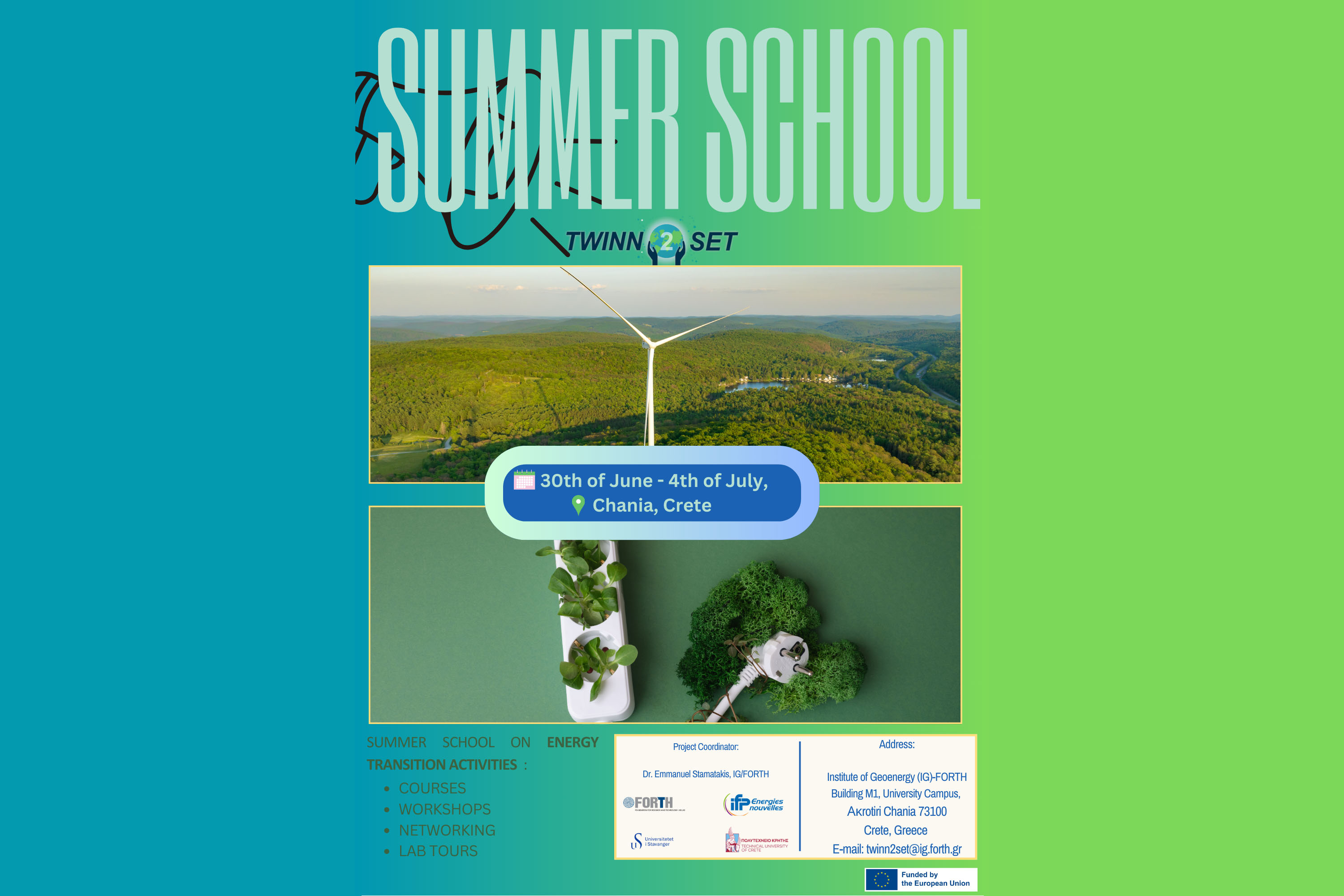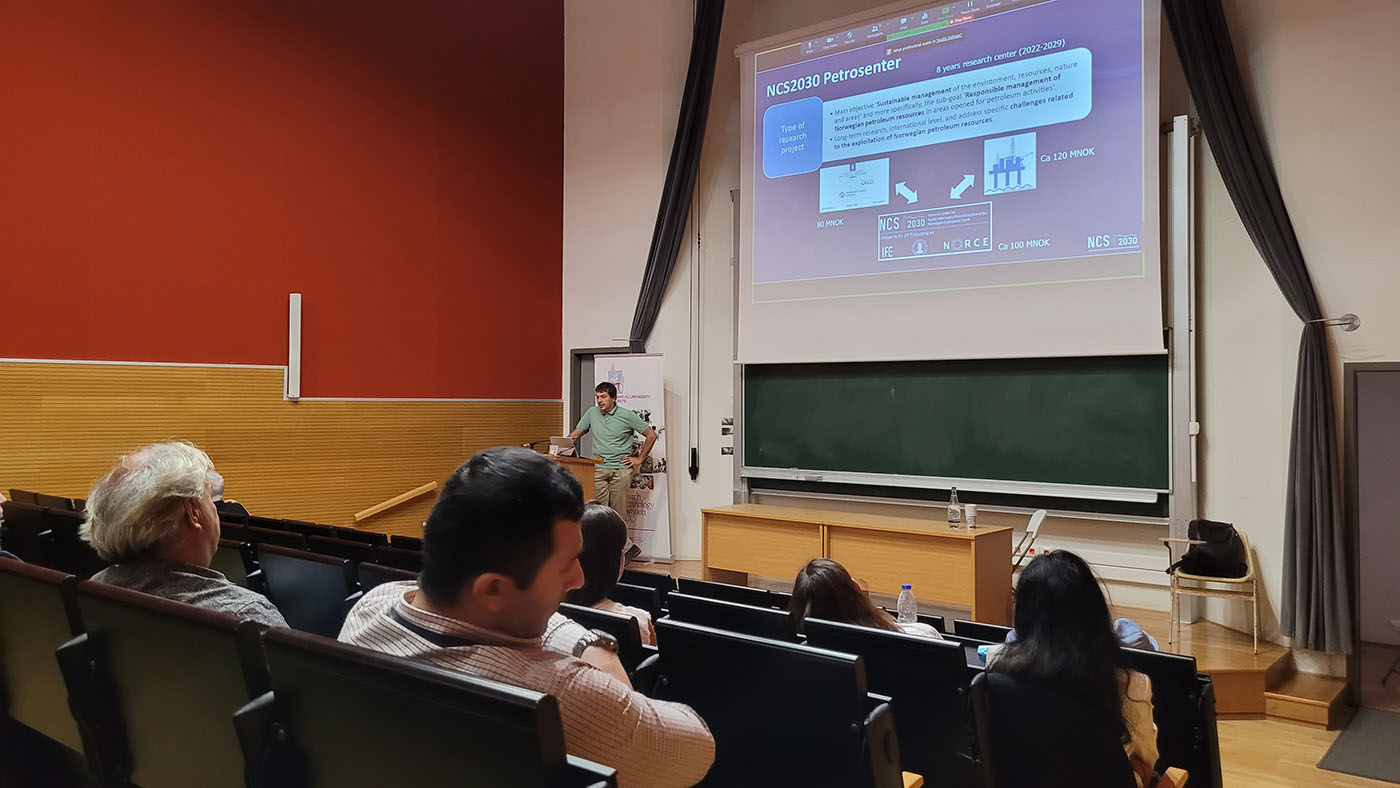
Gender aspects of energy transition
The transition to low-carbon energy systems is essential to meet global commitments to mitigate climate change. However, greening energy systems does not necessarily make them fairer, more inclusive, or more equitable. It is indeed essential to understand how widespread low-carbon technologies affects gender equality and social justice. It appears that renewable energy projects alone are not sufficient to achieve gender and social justice, as energy interventions do not automatically address structural dynamics in socio-cultural and socio-economic contexts. If existing power asymmetries related to access and distribution of resources are not addressed early on, the same structural inequalities will simply be repeated and transferred to new energy systems. TWINN2SET will shed light to these issues by having dedicated workshops that will attempt to give answers to:
-
How energy poverty can be eliminated by increasing women’s access and control over sustainable energy products and services
-
How countries and regions can reshape their policy to have more gender-responsive energy access
-
How access to productive resources can be increased by women-owned and -led businesses
-
How women working in the energy sector can have a successful career advancement through workplace policies and practices support recruitment
-
How continuous monitoring and policy formulation can empower gender equality in energy sector
On Monday October 3rd 2022, project’s 1st workshop on Gender Aspects was organized at the premises of the Technical University of Crete with the presence of all project participants. The event was very successful and received a big attention from the local community.
The agenda and targeted presentations can be seen below:
15:30 – 15.50: Welcome & introduction to the workshop series
Prof. R. Gholami, UiS
15.50 – 16.30: Section 1 - Empowering Women
- Prof. Vasiliki Geropanta, Chair of the TUC Gender Equality Committee
- Dr. Maria Klapa, Chair of the FORTH Gender Equality Committee
16.30 – 17:30: Section 2 - Energy Future and Women Leadership
- Prof. Sofia Stamataki, President of the FORTH/IG Scientific Committee
- Dr. Evi Batra, President of the ASSOCIATION of GREEK WOMEN SCIENTISTS
17:30 – 18:30: Section 3 - Young Woman in Energy Sector
- Prof. Dora Luz Marin Restrepo, University of Stavanger & Prof. Alejandro Escalona Varela, University of Stavanger
- Mrs. Vayanna Makri & Mrs. Chrysoula Tallarou, FORTH/IG ESRs
18:30 – 19.00: Summing up – end of workshop 1

